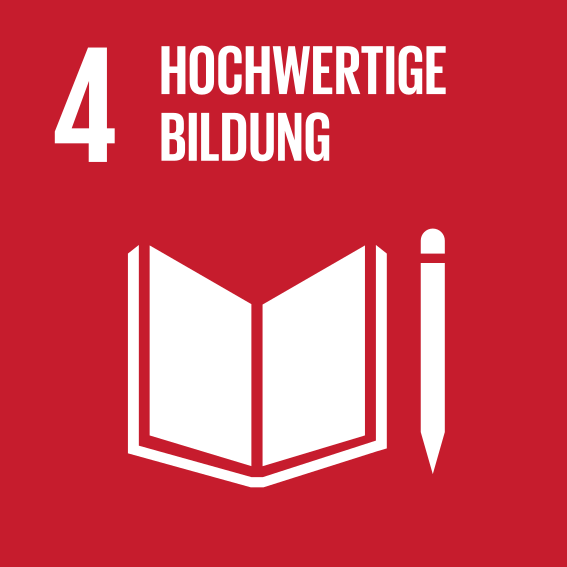|
Openness in MOOCs for training and professional development - an exploration of entry and participation barriers
Kögler, Kristina
;
Egloffstein, Marc
;
Schönberger, Brigitte
![[img]](https://madoc.bib.uni-mannheim.de/style/images/fileicons/application_pdf.png) |
PDF
Koegler-2020-Openness-in-MOOCs-for-Training-and-Professional-Development.pdf
- Veröffentlichte Version
Download (271kB)
|
|
URL:
|
https://madoc.bib.uni-mannheim.de/57384
|
|
Weitere URL:
|
https://doi.org/10.3224/84742432
|
|
URN:
|
urn:nbn:de:bsz:180-madoc-573840
|
|
Dokumenttyp:
|
Buchkapitel
|
|
Erscheinungsjahr:
|
2020
|
|
Buchtitel:
|
Vocational education and training in the age of digitization : challenges and opportunities
|
|
Titel einer Zeitschrift oder einer Reihe:
|
Research in Vocational Education
|
|
Band/Volume:
|
4
|
|
Seitenbereich:
|
205-223
|
|
Herausgeber:
|
Wuttke, Eveline
;
Seifried, Jürgen
;
Niegemann, Helmut M.
|
|
Ort der Veröffentlichung:
|
Opladen ; Berlin ; Toronto
|
|
Verlag:
|
Verlag Barbara Budrich
|
|
ISBN:
|
978-3-8474-2432-1 , 978-3-8474-1335-6
|
|
Verwandte URLs:
|
|
|
Sprache der Veröffentlichung:
|
Englisch
|
|
Einrichtung:
|
Fakultät für Betriebswirtschaftslehre > Wirtschaftspädagogik, Technologiebasiertes Instruktionsdesign (Ifenthaler 2015-)
|
|
Bereits vorhandene Lizenz:
|
 Creative Commons Namensnennung 4.0 International (CC BY 4.0) Creative Commons Namensnennung 4.0 International (CC BY 4.0)
|
|
Fachgebiet:
|
370 Erziehung, Schul- und Bildungswesen
|
|
Abstract:
|
Massive Open Online Courses (MOOCs) constituted a high-profile phenomenon in educational technology within the last ten years and attracted a lot of attention from researchers and practitioners. Historically, MOOCs have developed out of academia, closely related to the concepts and ideas of open education. Openness has always been a central part of the MOOC narrative, the courses being offered at virtually no cost, without formal prerequisites and accessible from virtually everywhere. Extending the academic perspective, MOOCs have been identified as a promising option for work-related learning and professional development. Lately, MOOCs have been gaining more acceptance among employers and employees, despite the fact that openness is rather uncommon in corporate contexts. The idea of openness, meanwhile, seems to be fading into the background. More and more MOOCs are provided with entry and participation barriers at different course stages. Hence, the question arises whether openness remains a distinctive feature of MOOCs, especially with regard to training and professional development. The aim of this contribution is to explore the openness of MOOCs for professional development and to add empirical evidence to the current discussion. Framing openness as the absence of entry and participation barriers, we developed a rating scheme which covered barriers from six dimensions. We reviewed N=295 business MOOCs from nine major global MOOC providers out of twelve different topic areas. When looking at the absolute numbers of barriers, we found a wide range of barriers from all of the categories reviewed. Only in a small share of courses just one barrier was observable. By means of latent class analysis we identified typical combinations of barriers and found two classes of MOOCs which either contain barriers that are associated with a meaningful structuring of learning processes, or rather indicate business models in the market for professional development. While not every barrier can be interpreted as an impediment for learning, the results indicate a reduced concept of openness implemented in MOOCs for business-related professional development.
|

 | Dieser Eintrag ist Teil der Universitätsbibliographie. |
 | Das Dokument wird vom Publikationsserver der Universitätsbibliothek Mannheim bereitgestellt. |
 Suche Autoren in Suche Autoren in
BASE:
Kögler, Kristina
;
Egloffstein, Marc
;
Schönberger, Brigitte
Google Scholar:
Kögler, Kristina
;
Egloffstein, Marc
;
Schönberger, Brigitte
ORCID:
Kögler, Kristina ; Egloffstein, Marc  ORCID: 0000-0002-2377-7889 ORCID: 0000-0002-2377-7889 ; Schönberger, Brigitte
["search_editors_ORCID" not defined]
Wuttke, Eveline ; Seifried, Jürgen  ORCID: 0000-0002-9460-7721 ORCID: 0000-0002-9460-7721 ; Niegemann, Helmut M.
Sie haben einen Fehler gefunden? Teilen Sie uns Ihren Korrekturwunsch bitte hier mit: E-Mail
Actions (login required)
 |
Eintrag anzeigen |
|
|
 ORCID: 0000-0002-2377-7889 ; Schönberger, Brigitte
["search_editors_ORCID" not defined]
Wuttke, Eveline ; Seifried, Jürgen
ORCID: 0000-0002-2377-7889 ; Schönberger, Brigitte
["search_editors_ORCID" not defined]
Wuttke, Eveline ; Seifried, Jürgen  ORCID: 0000-0002-9460-7721 ; Niegemann, Helmut M.
ORCID: 0000-0002-9460-7721 ; Niegemann, Helmut M.



 Creative Commons Namensnennung 4.0 International (CC BY 4.0)
Creative Commons Namensnennung 4.0 International (CC BY 4.0)
 Suche Autoren in
Suche Autoren in